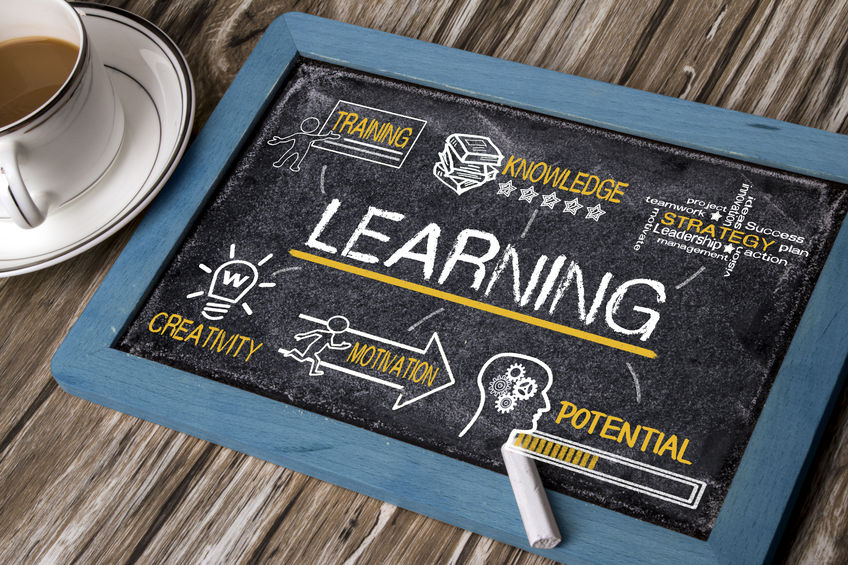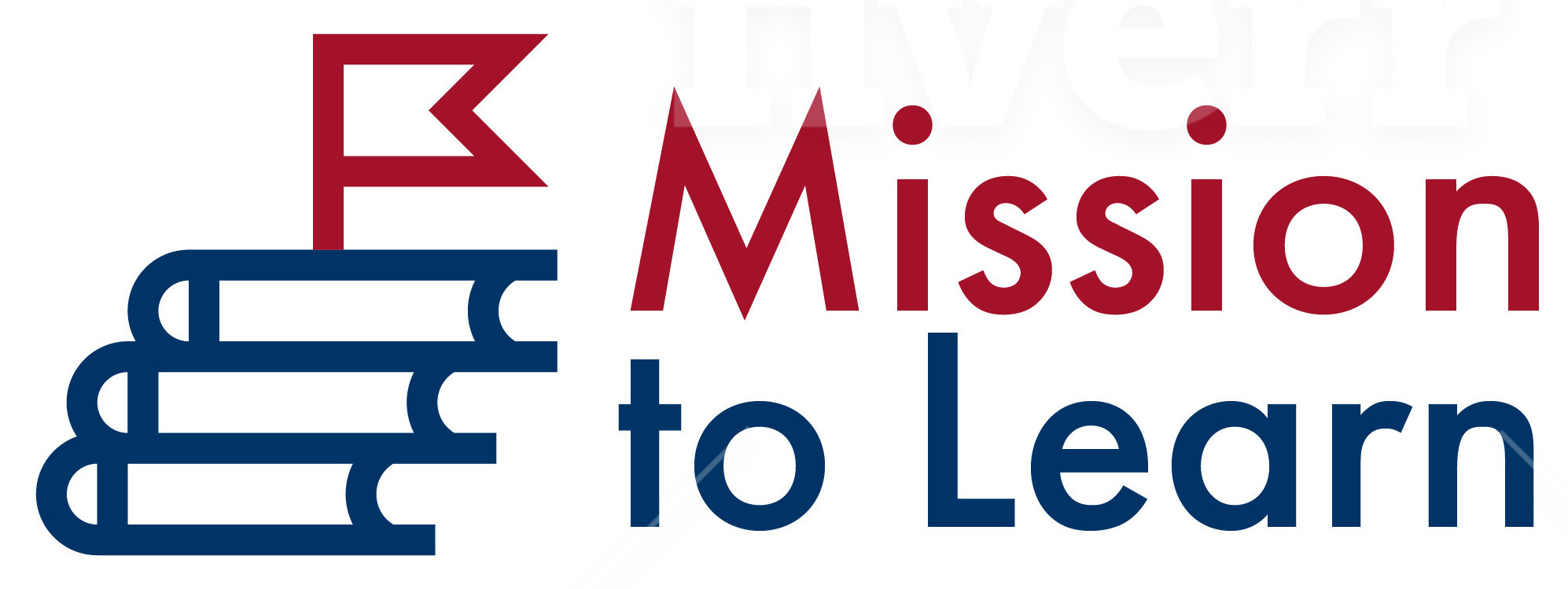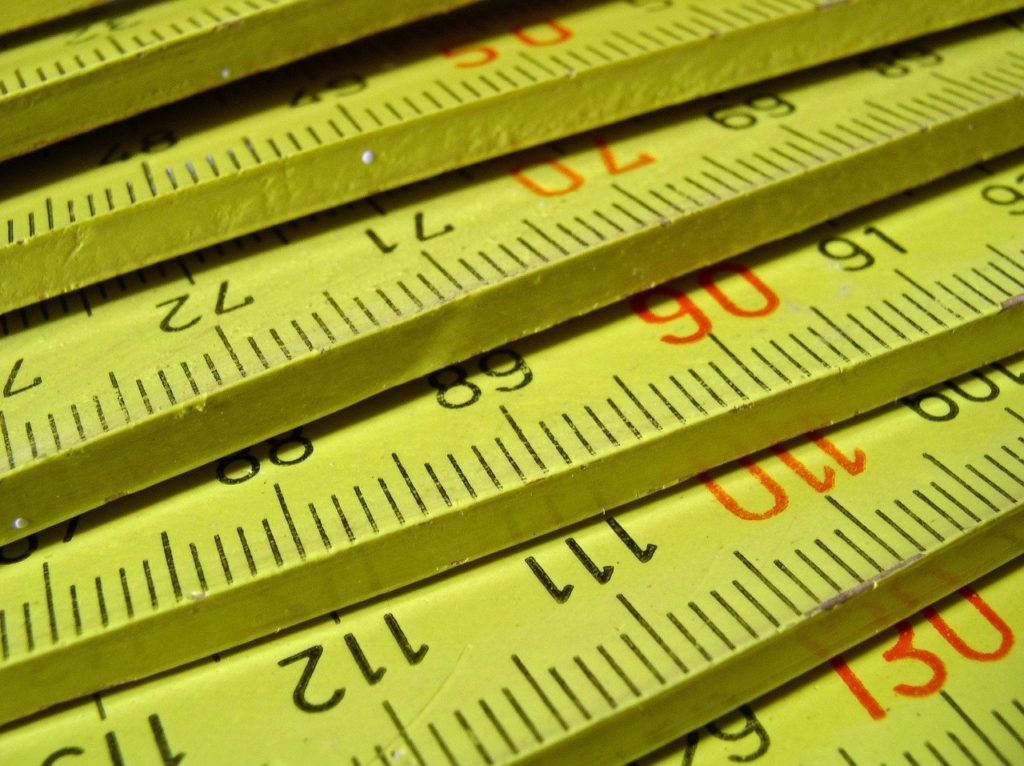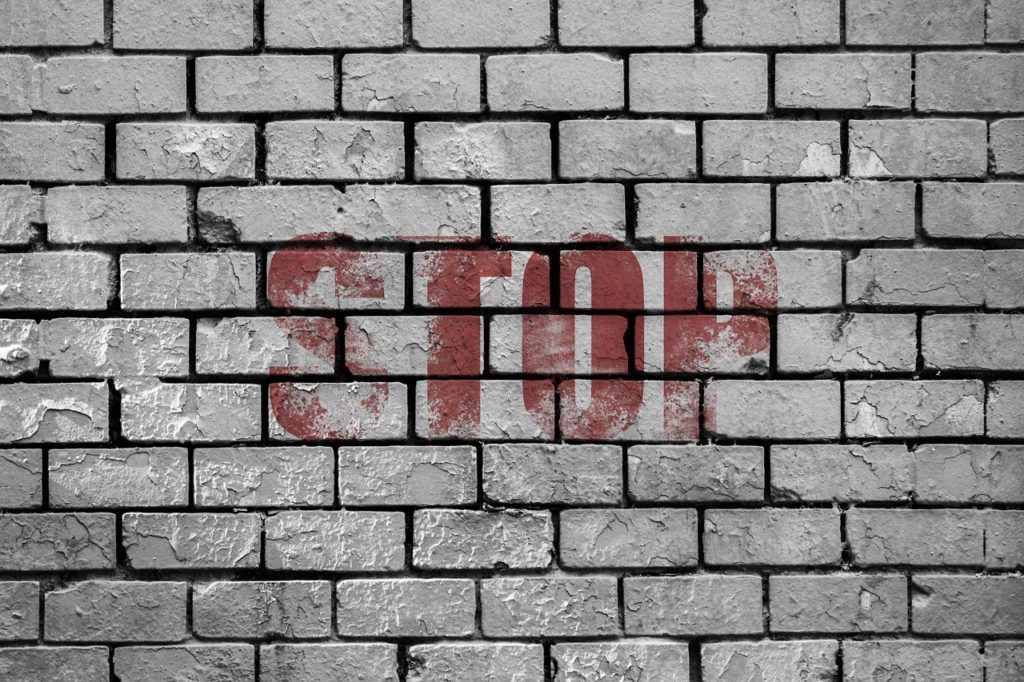Issue 3 – September 17, 2020
If you are subscribed to this e-mail list, it’s a safe assumption that you are interested in learning. But how actively do you pursue learning? What’s your approach? What’s your process?
In this edition of the Mission to Learn newsletter – which I am starting tentatively to call Fully, Well, Wisely – I offer up various perspectives on how to learn more productively and effectively. These may provide you with insights into how you can improve your own practices or perhaps simply validate what you are already doing. Either way, there’s plenty of food for thought, reflection, and action here.
Enjoy.
1: An easy and extraordinary system to learn how to learn
I’ll admit I have a soft spot for this one because Keith Jennings – the person who discusses his learning process in this video – was a literature major (as was I) and appreciates the power of poetry (as do I – see here, for example), but more importantly, this is a useful example of someone sharing how they approach learning. I think we need many more case studies like this, and I hope to be able to assemble a collection of them over time. Not surprisingly, curiosity plays heavily into Keith’s process. So to does creating “micro-narratives” – a nod to his literary background. Watch this (or read the transcript) and use it as prompt for considering your own learning process – and perhaps borrow a point or two from Keith.
Watch the video (or read the transcript) >>
2: Learn Like an Athlete
While I’m always hesitant to make learning too much about achievement and high performance, it’s undeniable that advancing your learning substantially requires a certain degree of intentionality. David Perrell – a blogger I highly recommend following – makes this point clearly as he examines how the practices of top athletes might apply to learning. Read this one to discover what an effective learning plan looks like and how to define learning projects that are “just right.” Then, lace up (figuratively, and learn like an athlete.
3: Become a More Productive Learner
This HBR article offers perspective on applying process and planning to learning, this time against the backdrop of the information overload that has become a persistent feature of our lives. The four keys to becoming more productive are:
- Focus the majority of your information consumption on a single topic for several months
- Put what you’re learning into frameworks
- Regularly synthesize what you have learned
- Cycle between information feasting and information fasting
Of course, applying these keys requires – once again – intentionality. So, I encourage you to be intentional about your learning and read this article. (You may have to sign up for a free HBR subscription.)
4: Seven essential elements of a lifelong-learning mind-set
While this article is positioned as being about “mindset,” the seven elements it offers are essentially practices to make you more productive and effective as a lifelong learner. In this case, the practices apply particularly to the world of work and are rooted in the growing recognition that we need to take charge of our own learning if we want to thrive in today’s work environment. Yes, intentionalityonce again. I like, in particular, that this one includes a number of useful graphics related to concepts like building your knowledge profile and getting out of your comfort zone. At the end of the article you’ll also find a link to an assessment that will help you evaluate your own lifelong learning mindset.
5: 6 Disciplines of the True Learning Mindset
As all of the articles I’ve linked to above suggest, effective lifelong learning begins with your mindset, but mindset alone won’t do the trick – you have to apply practices that translate your mindset into actual learning. This Mission to Learn post outlines six practices, or disciplines, that I find essential for being a true – in the sense of authentic – lifelong learner. I’ve reflected a great deal on these since I first wrote this post a while back and at some point I plan to add a seventh, which I will describe here as “avoiding self-justification.” In nearly all cases where we are resistant to learning, it is because we self-justify our present state and thereby set up barriers to learning. More on that later. In the meantime, I encourage you to reflect on these disciplines and how they might apply in your own life.
What’s Your Take?
I hope you find the resources offered here useful. Before we part ways for this edition, I’d like to encourage you to hit reply and share any details you are willing to on your own approach to learning. I’m always curious to learn more about how others learn – and particularly about how Mission to Learn readers learn.
And, as always, if you have questions or I can be of help in any way, just let me know.
Best regards,
Jeff






